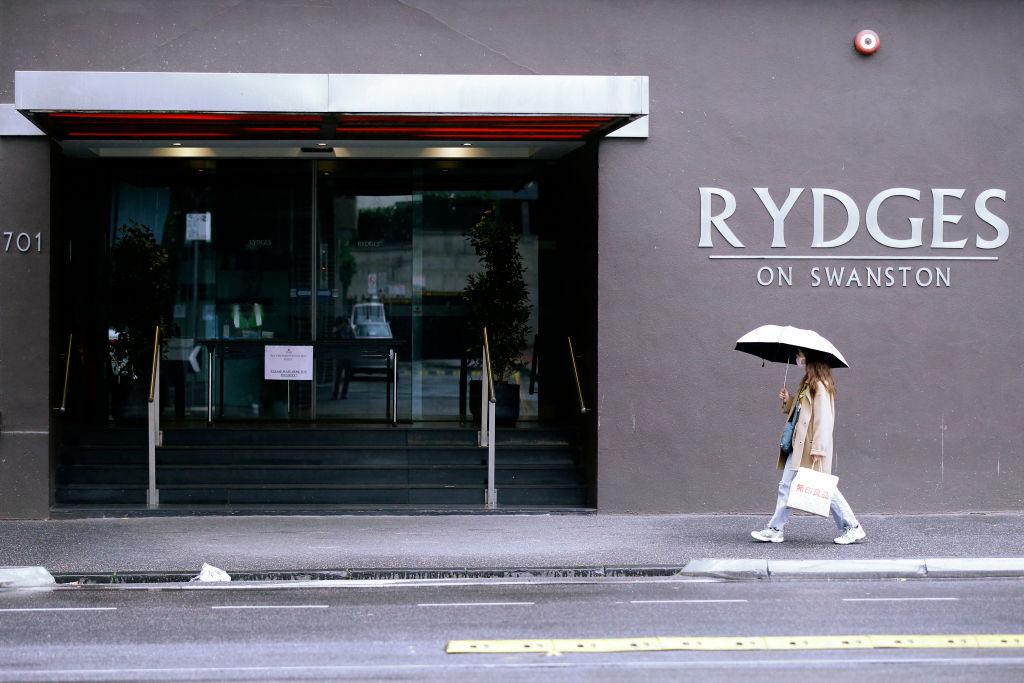Victoria’s Department of Health allegedly provided Personal Protective Equipment (PPE) guidelines to its contracted hotel security firms eight weeks after work commenced in hotel quarantine, the state’s magistrates court has been told.
Until the advice was provided, the three security firms—Wilson Security, MSS Security and Unified Security—were allegedly left to implement their own infection control and PPE policies and procedures with their staff.





